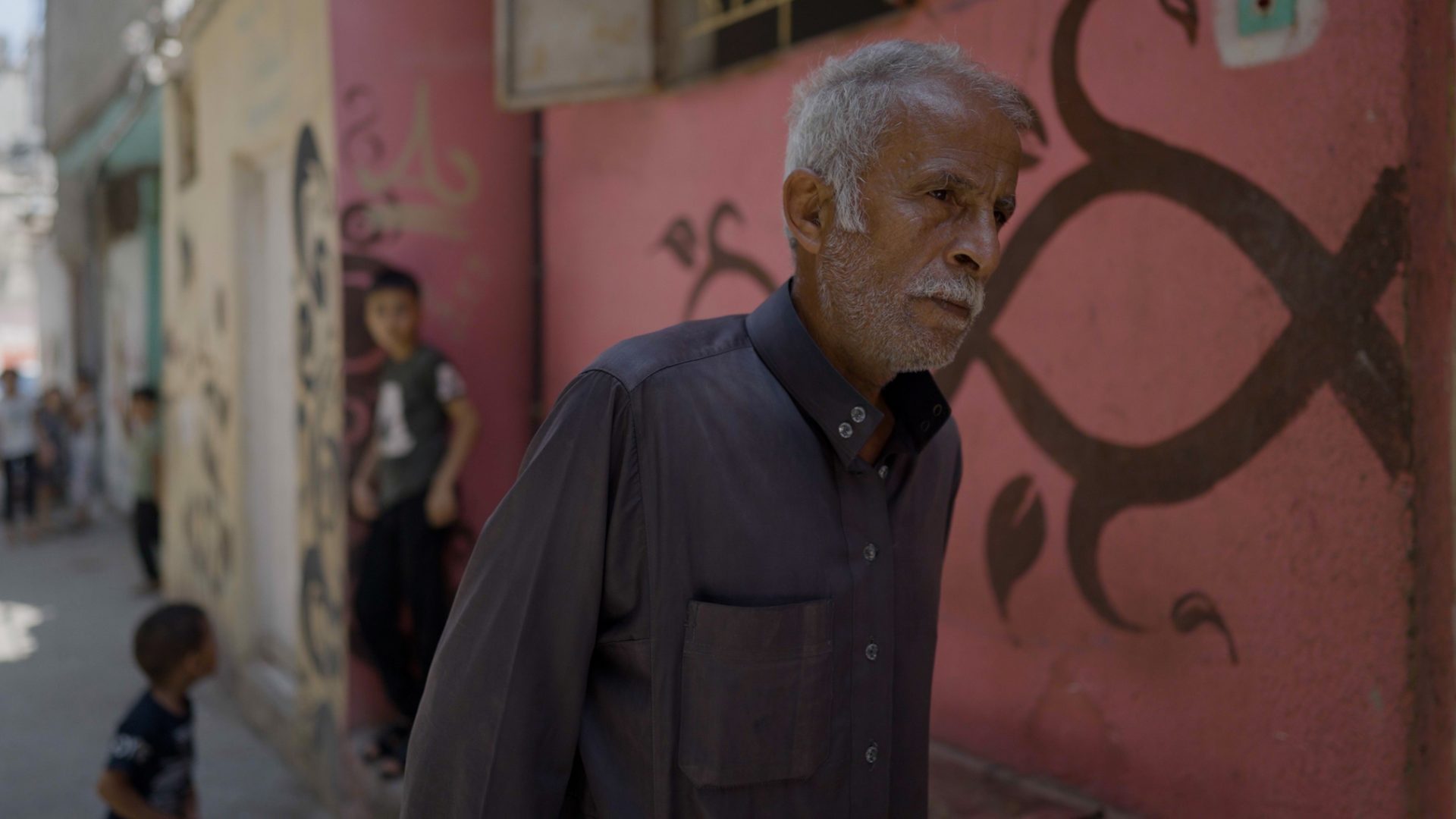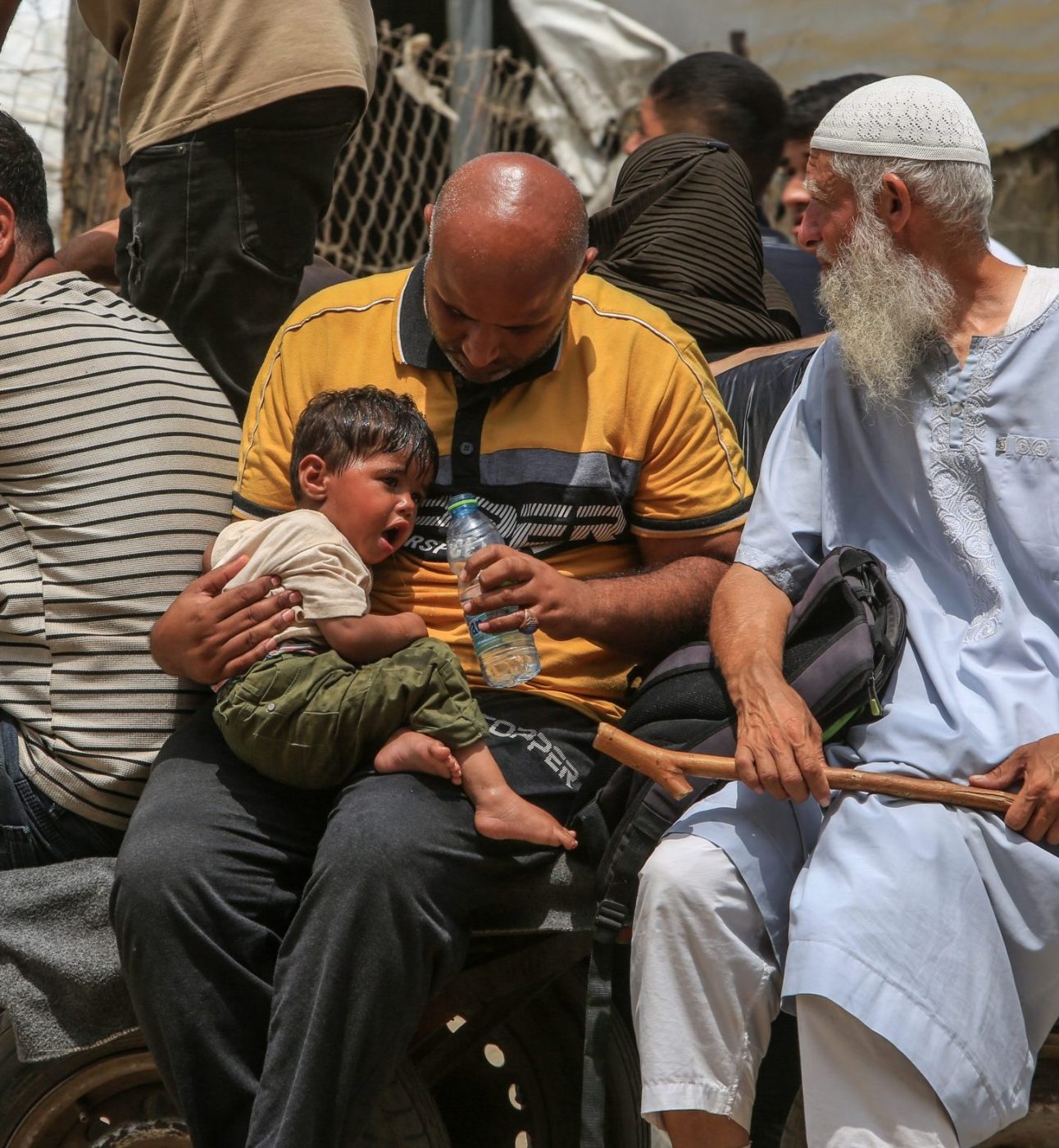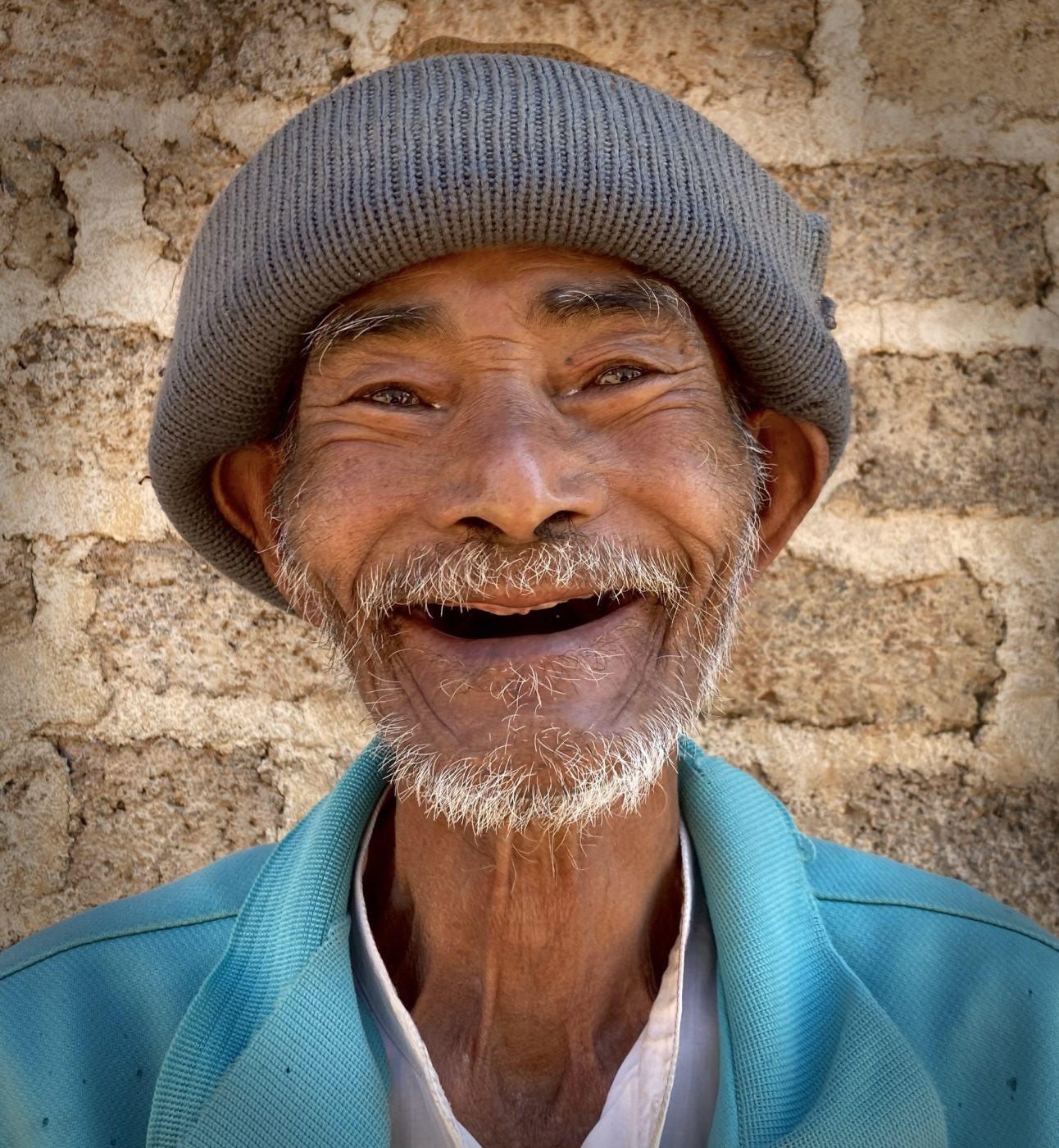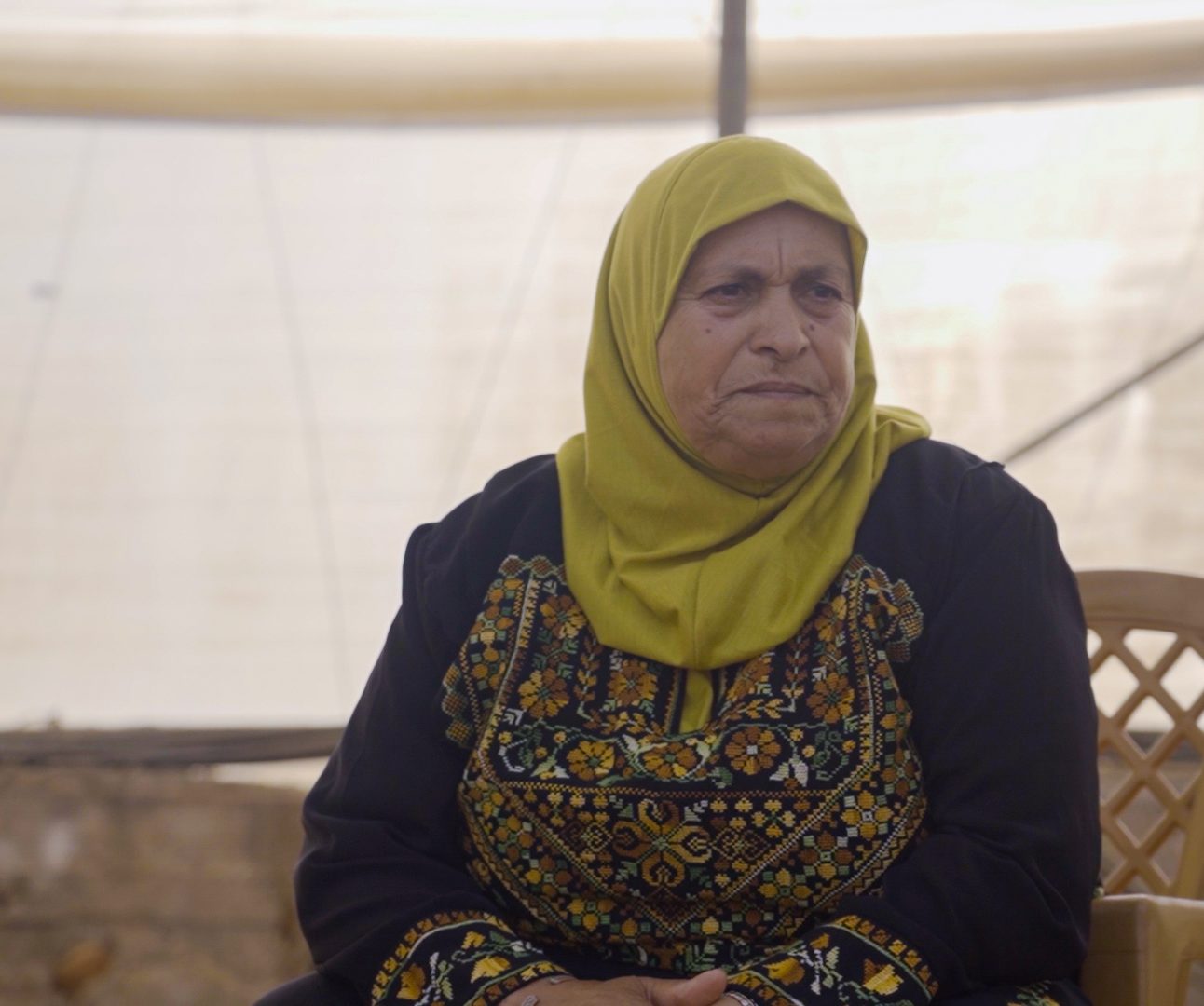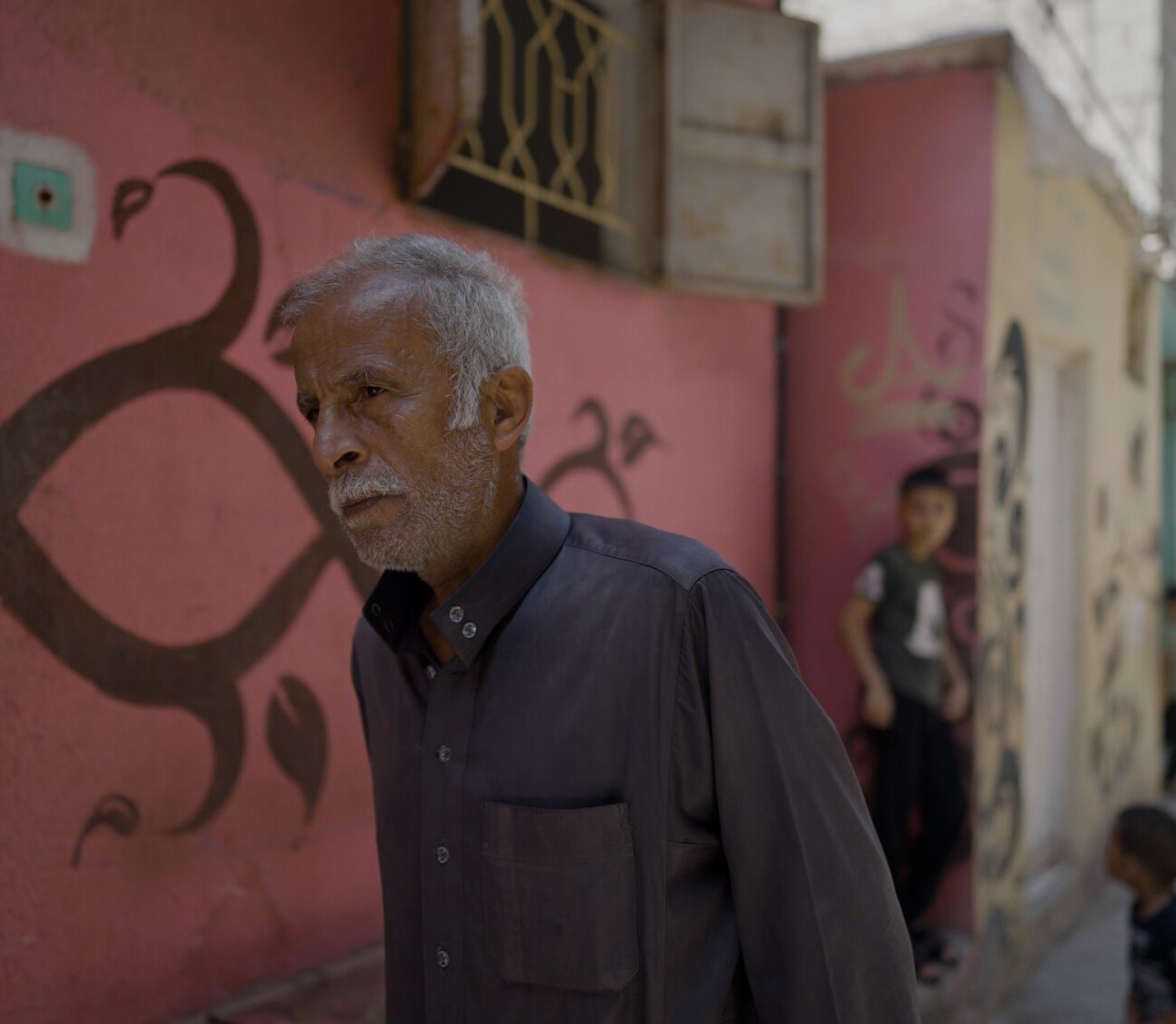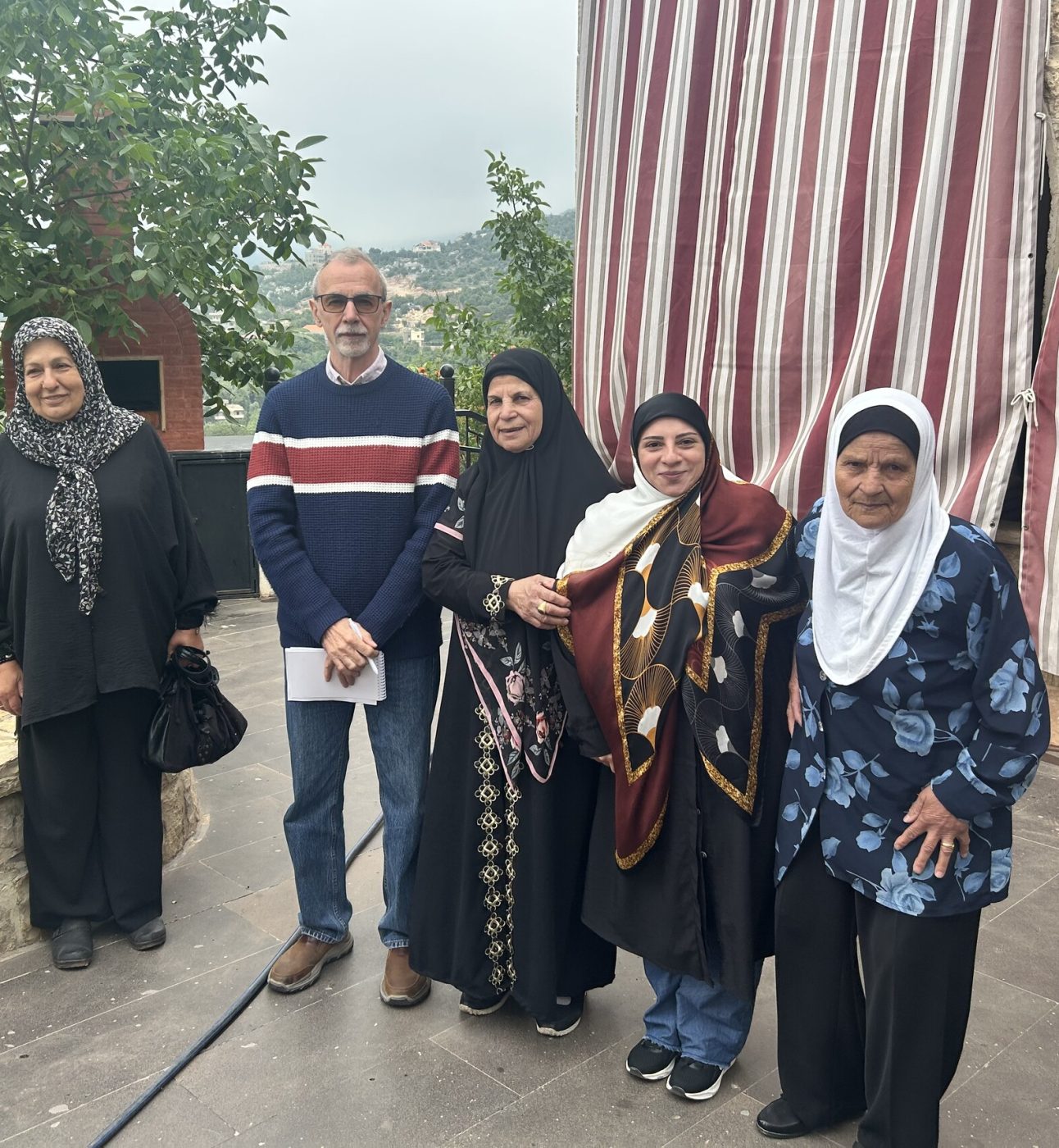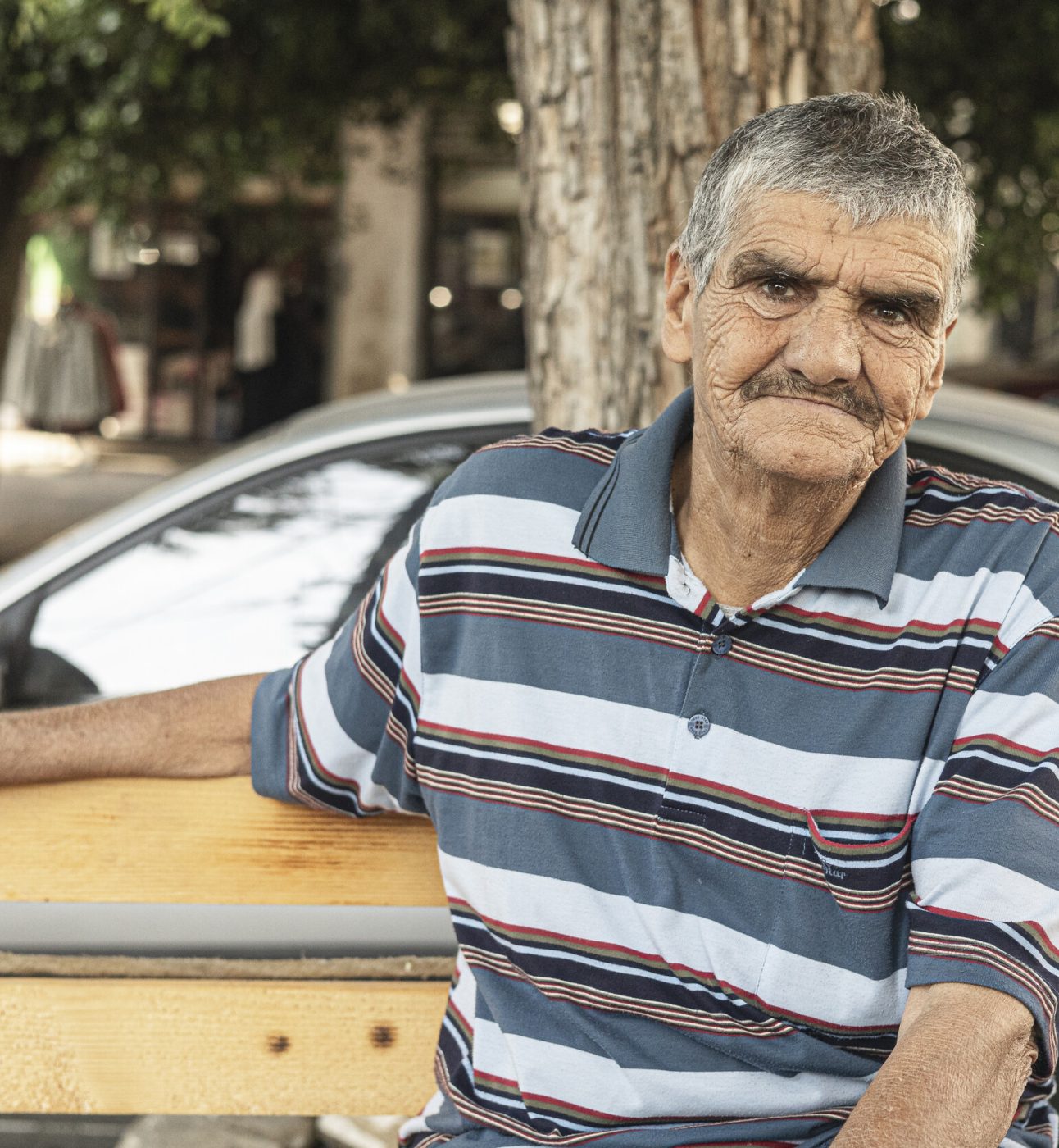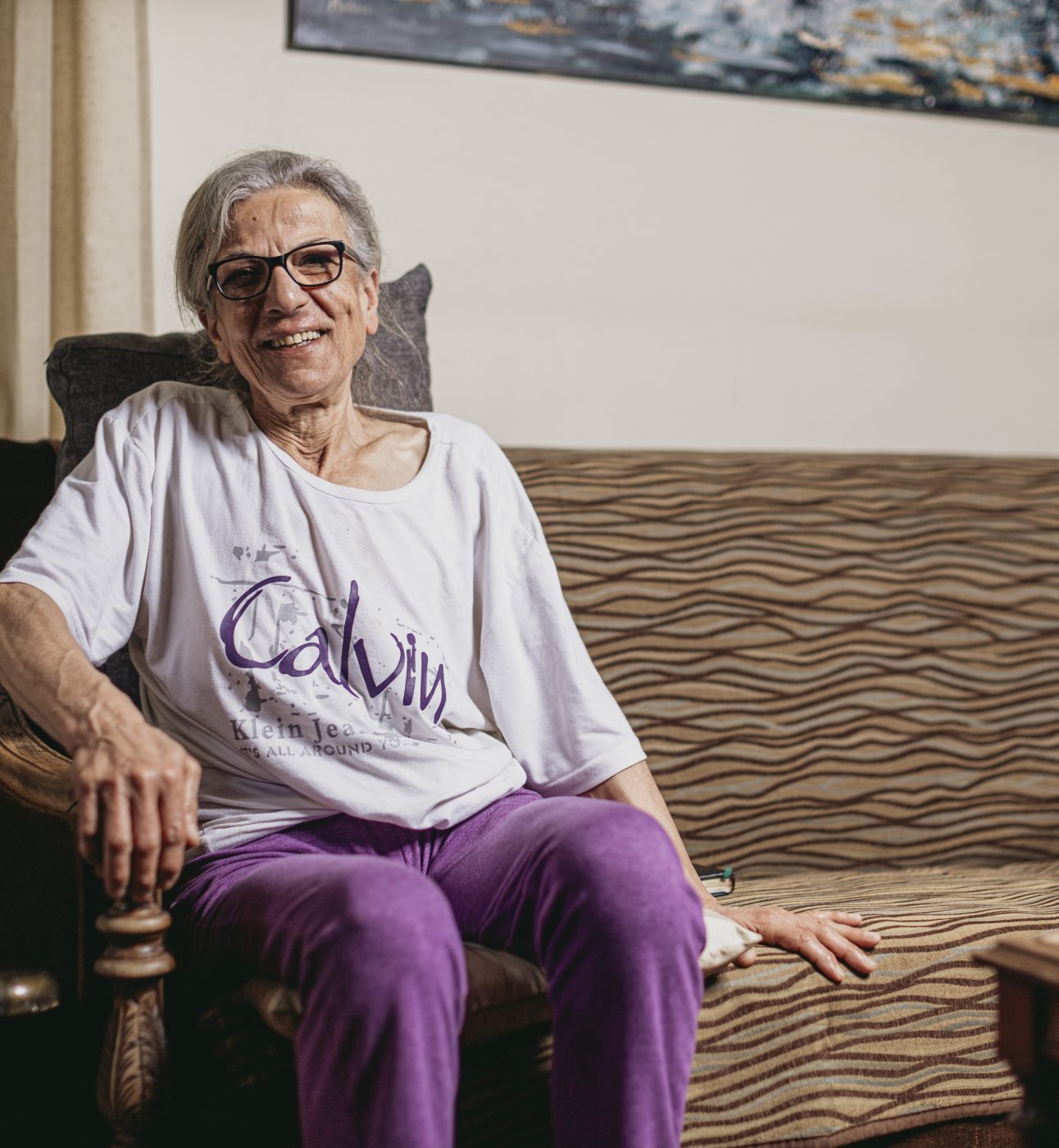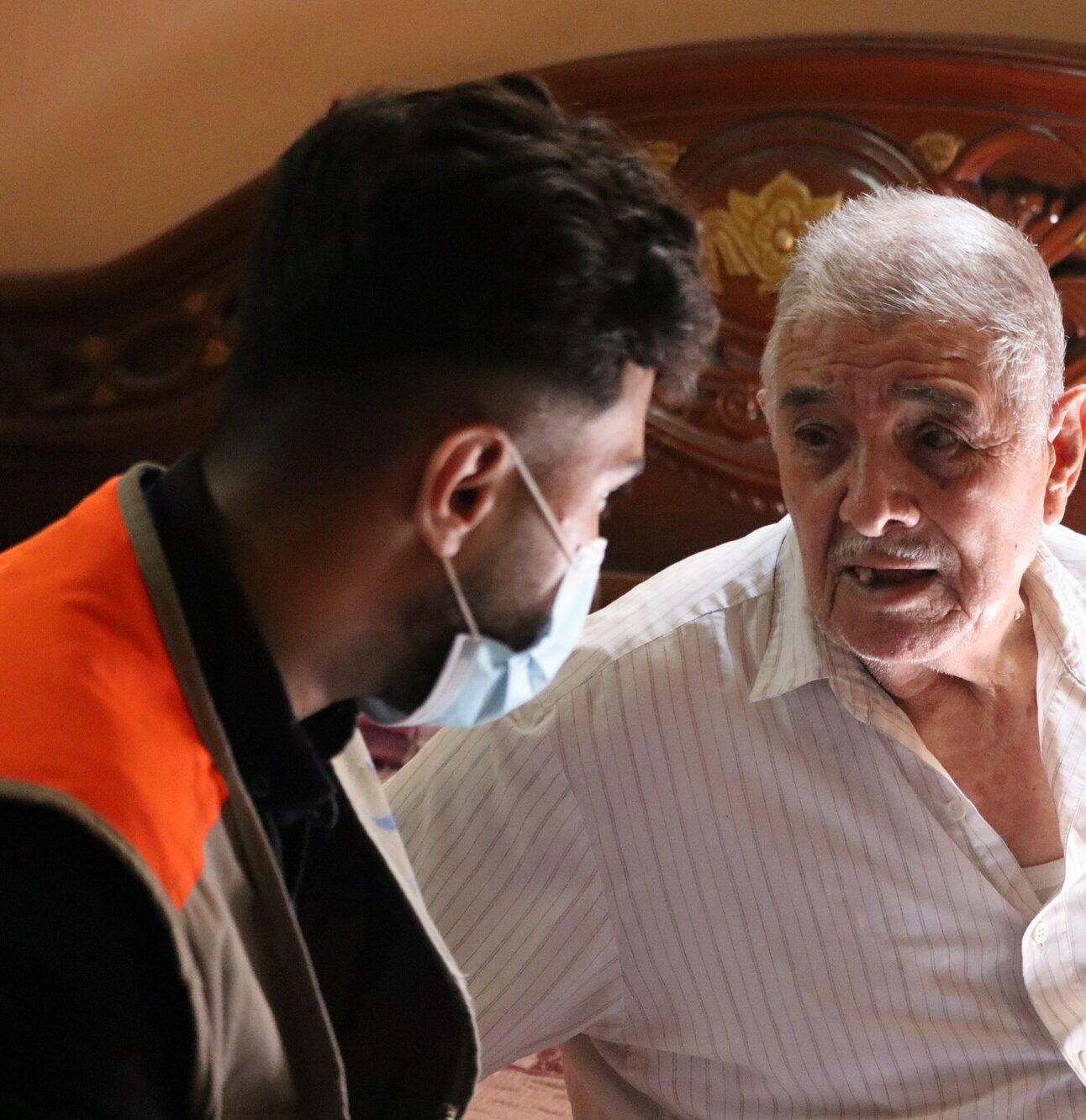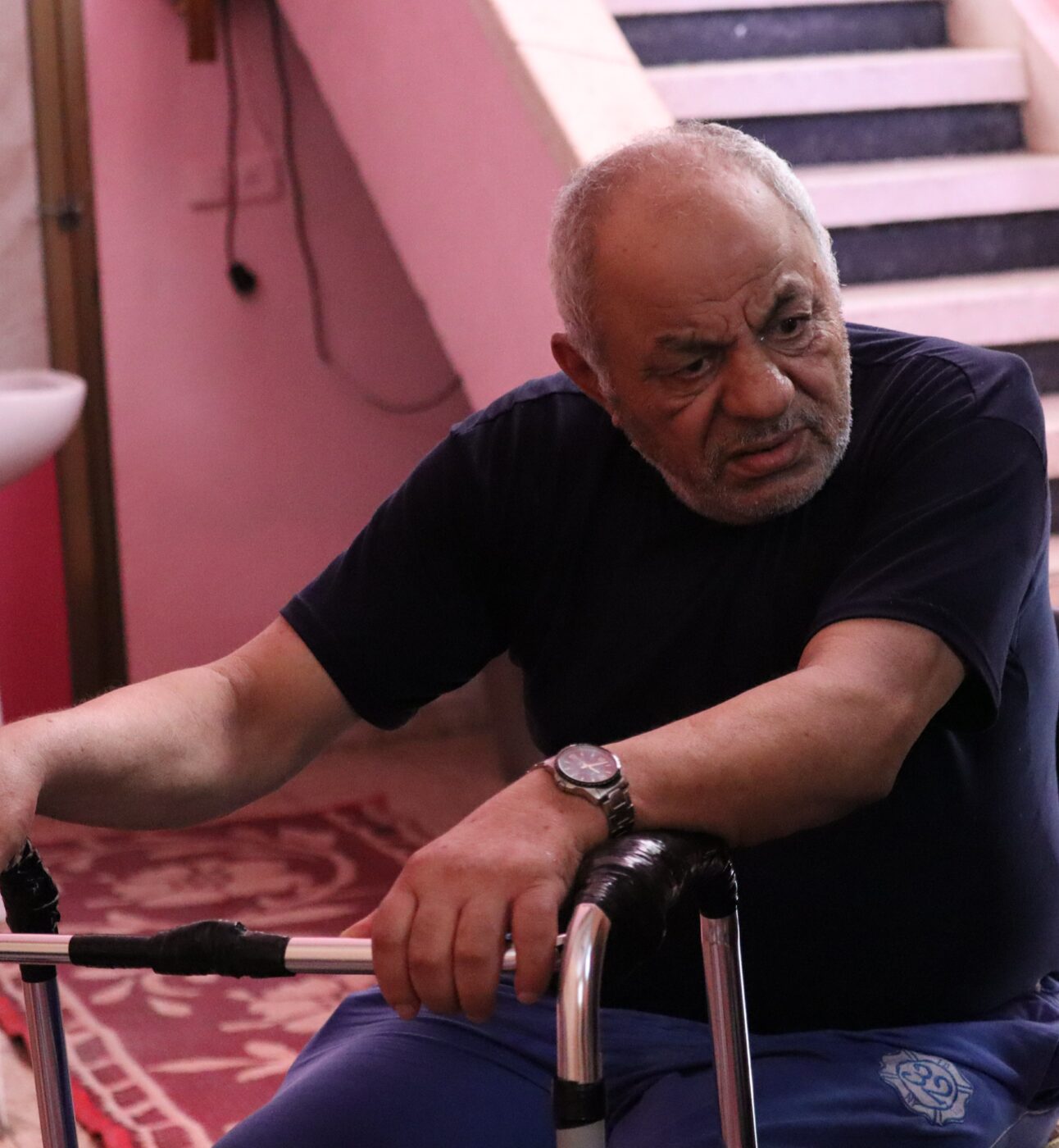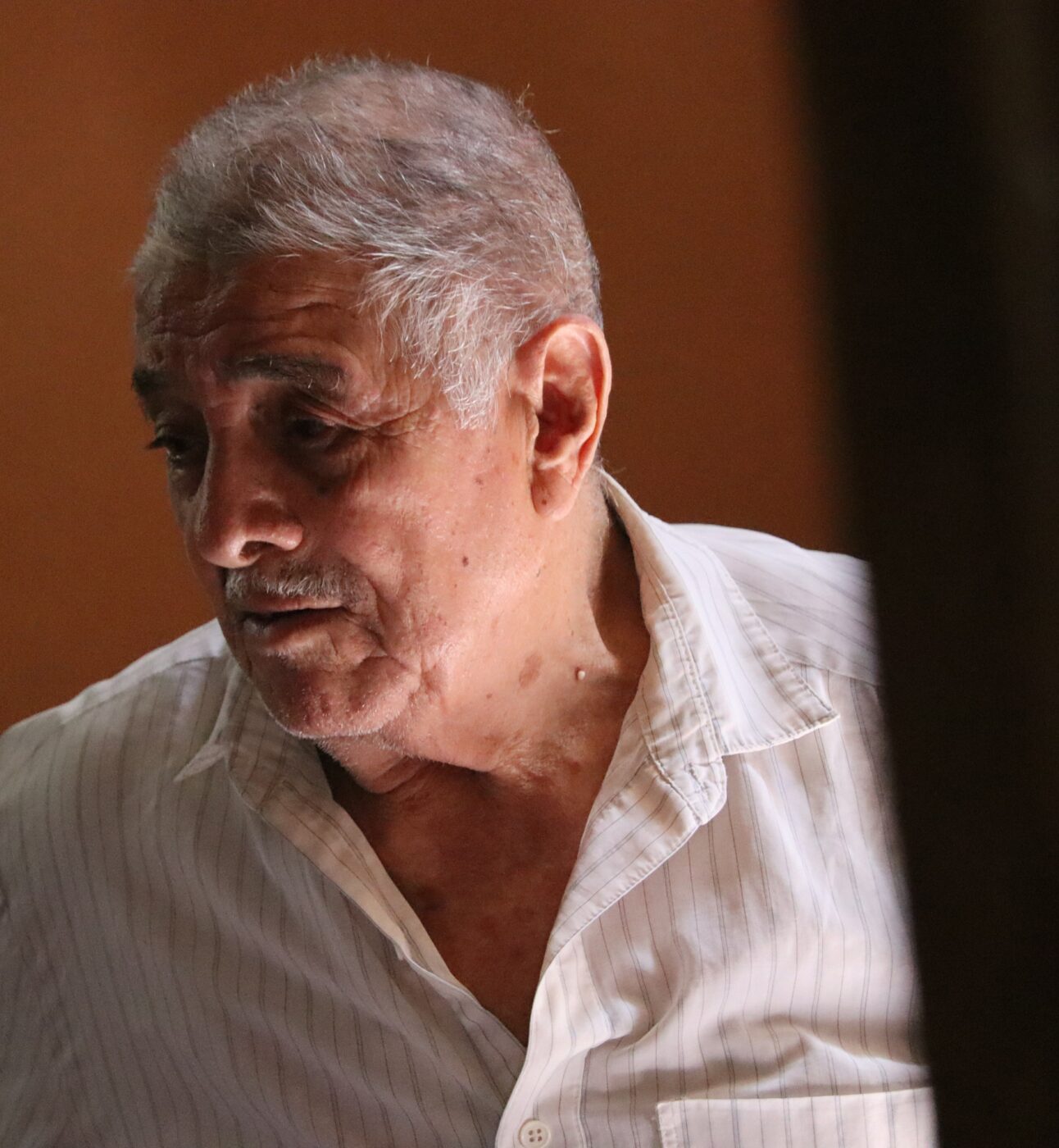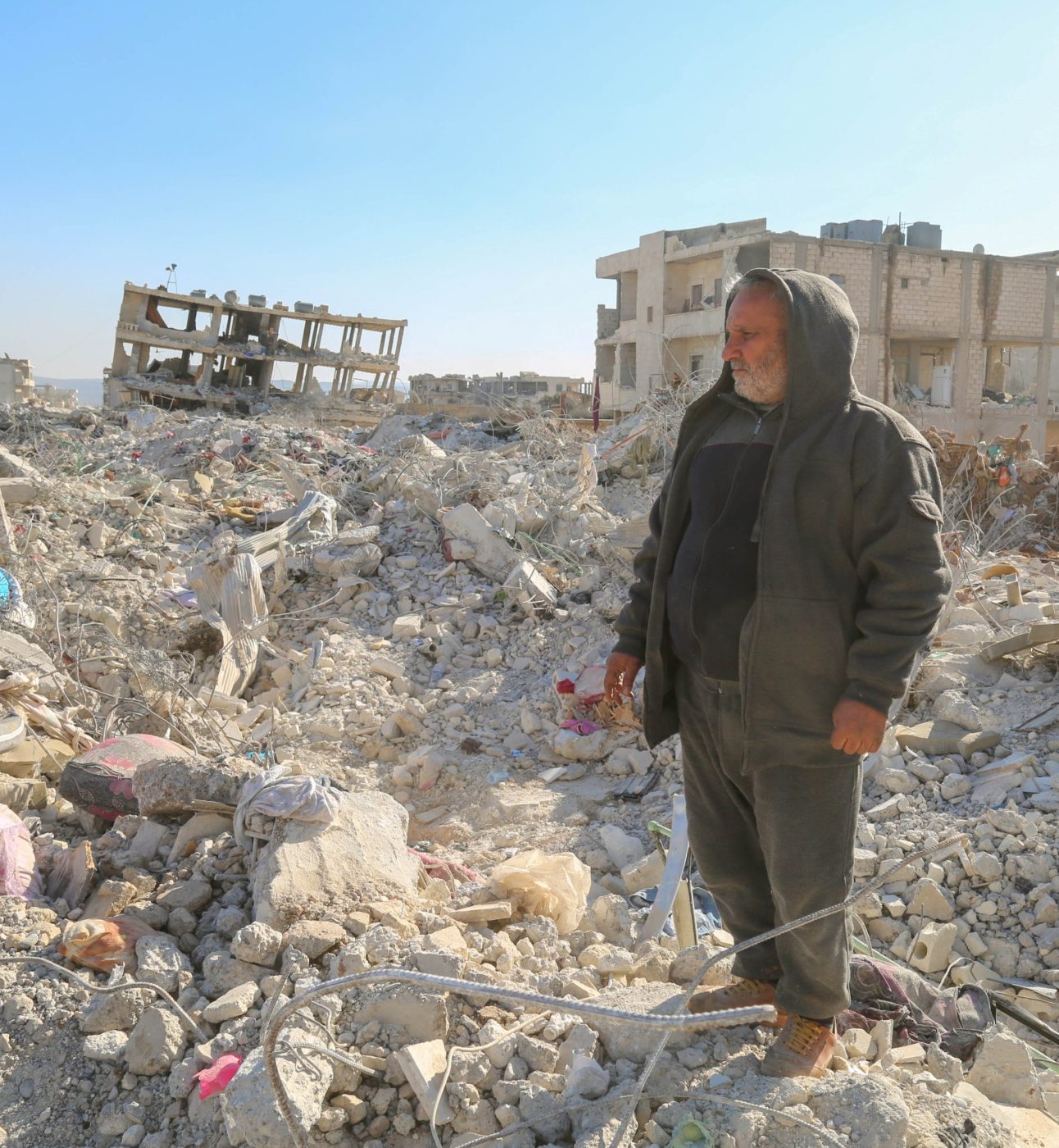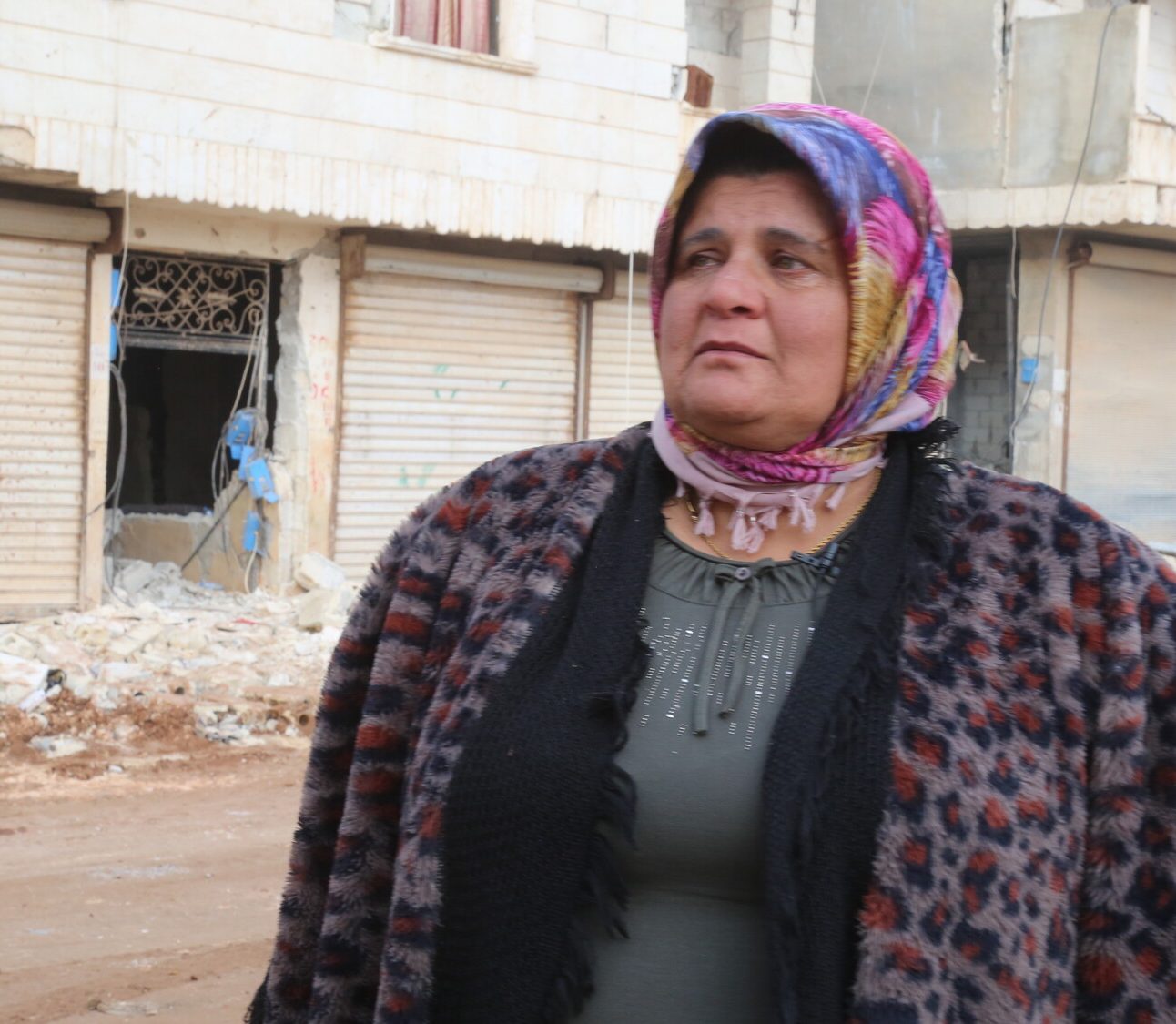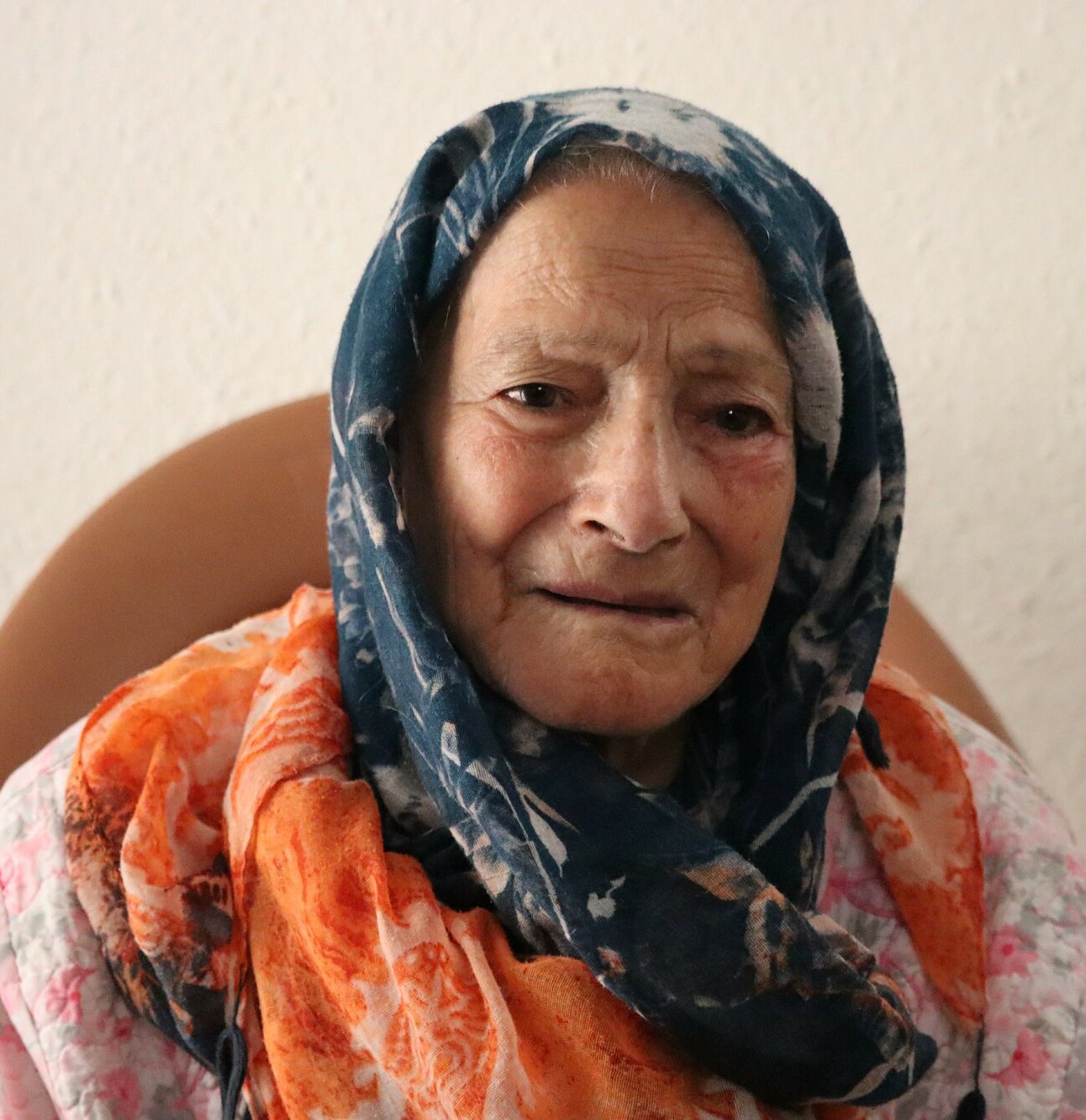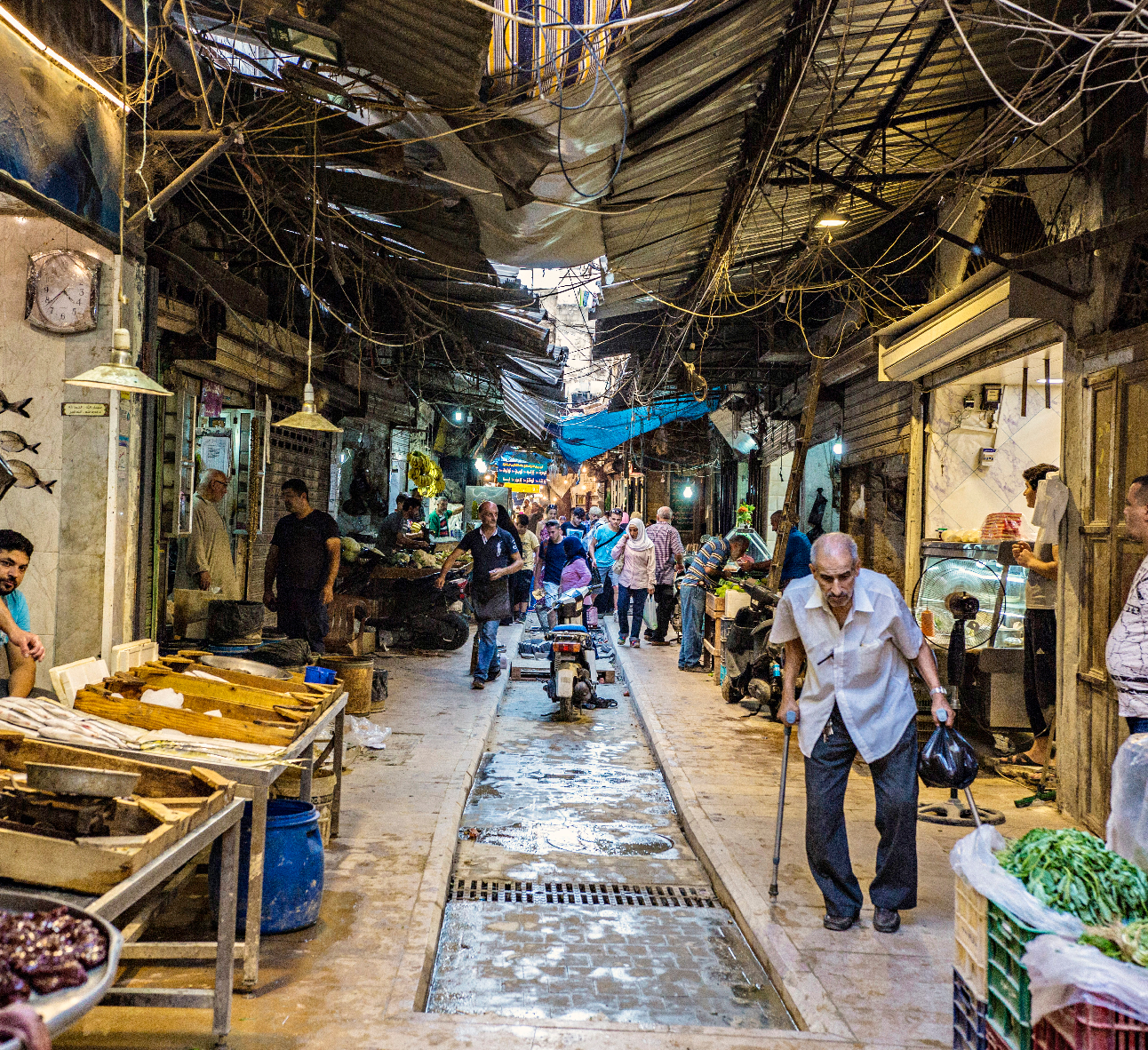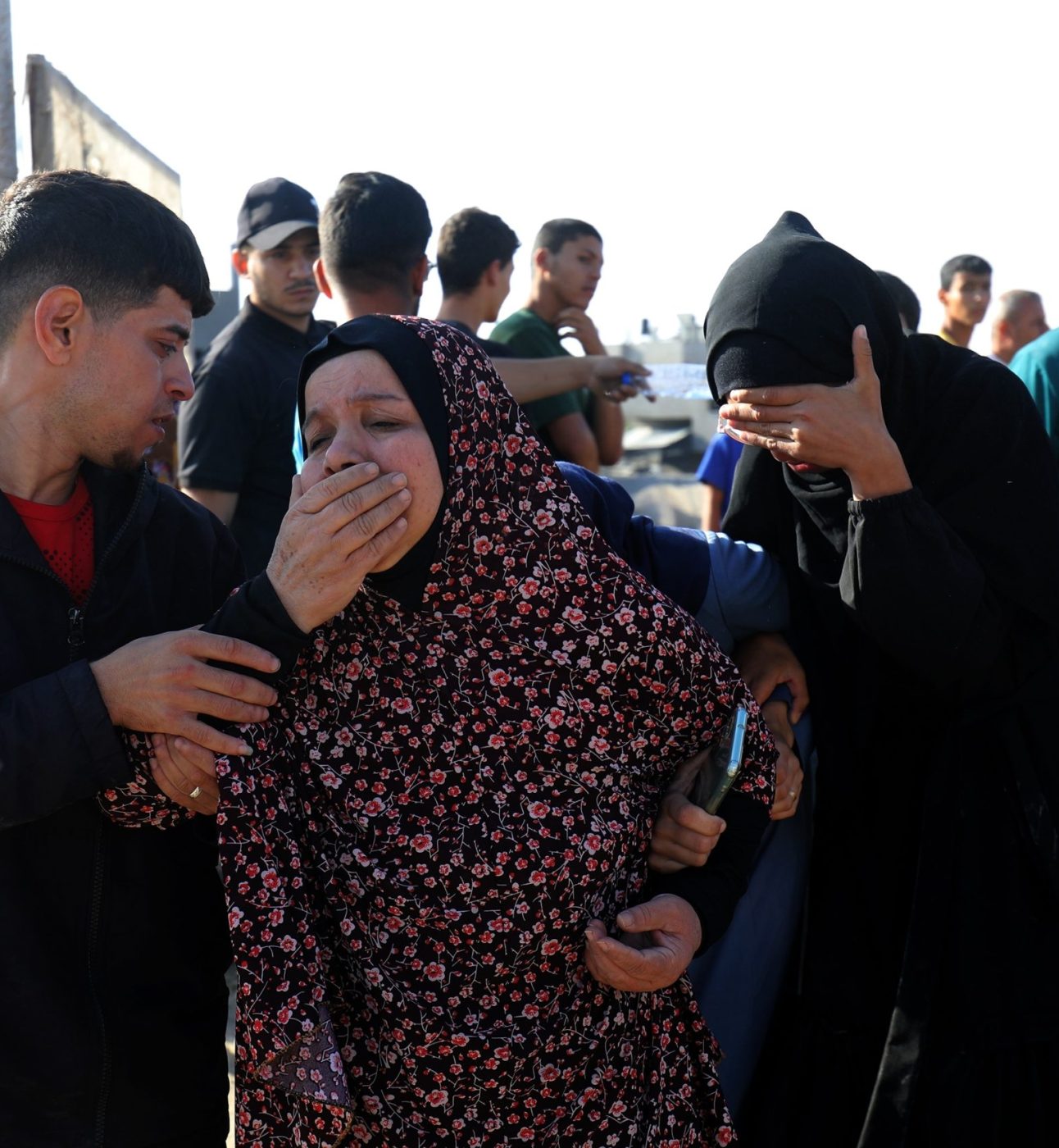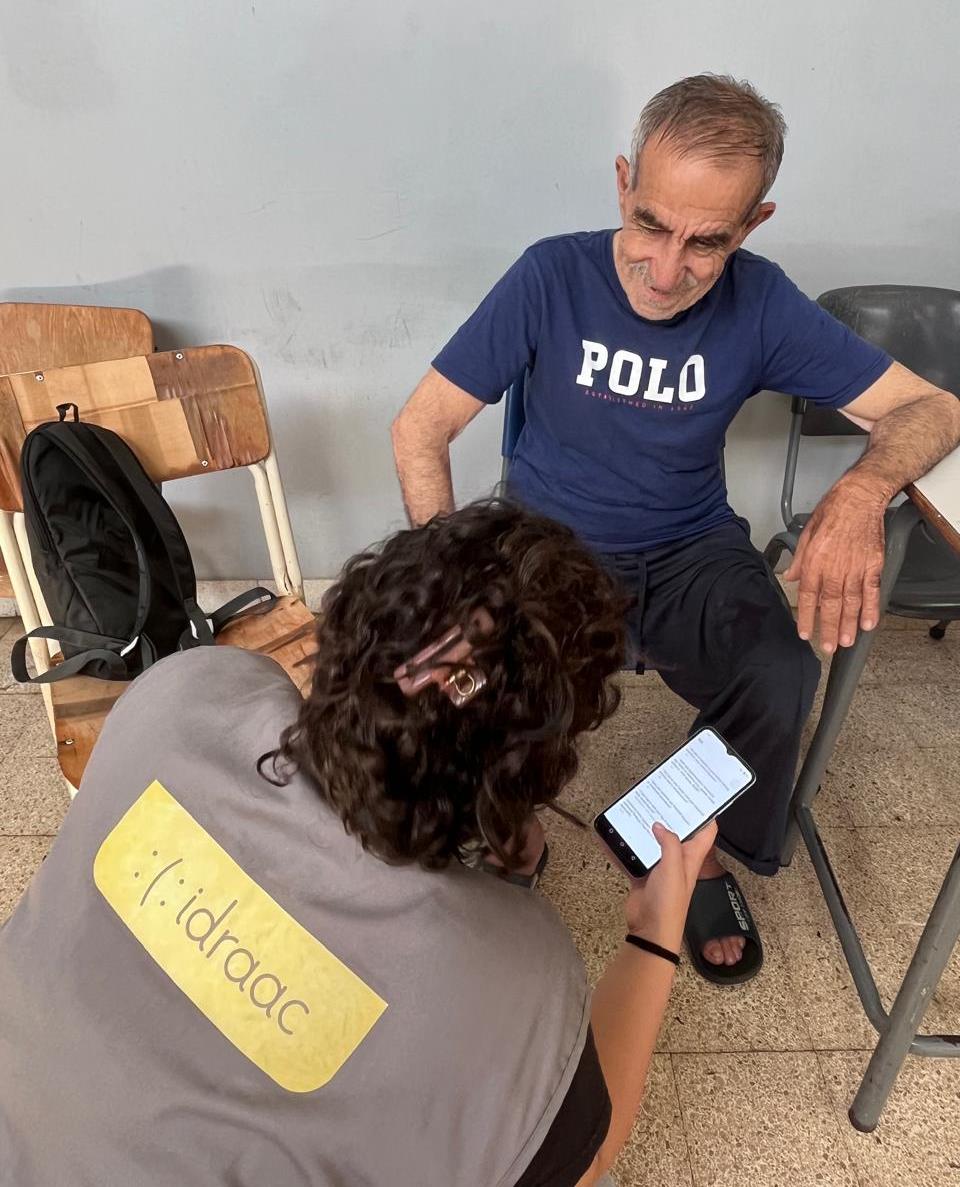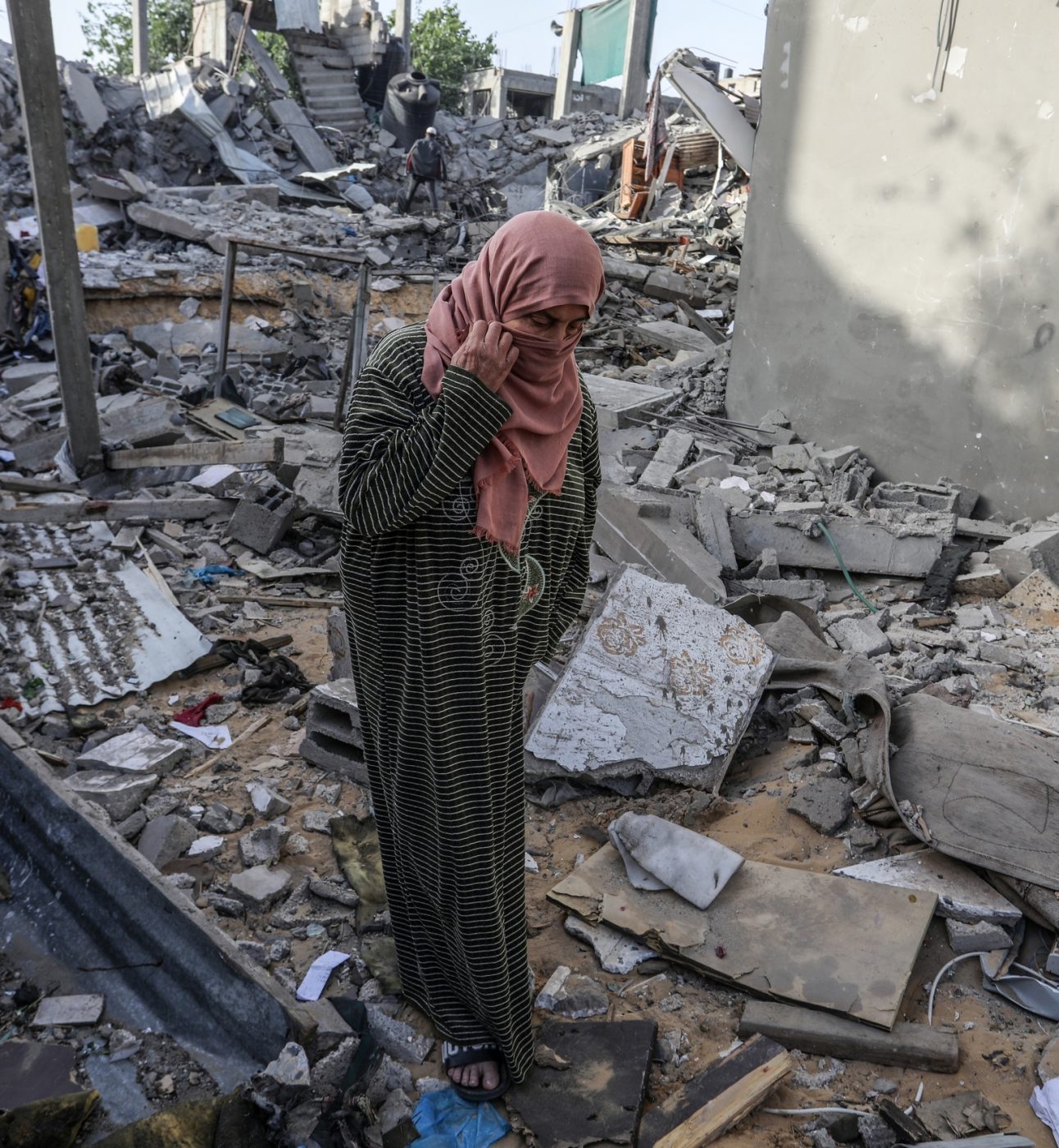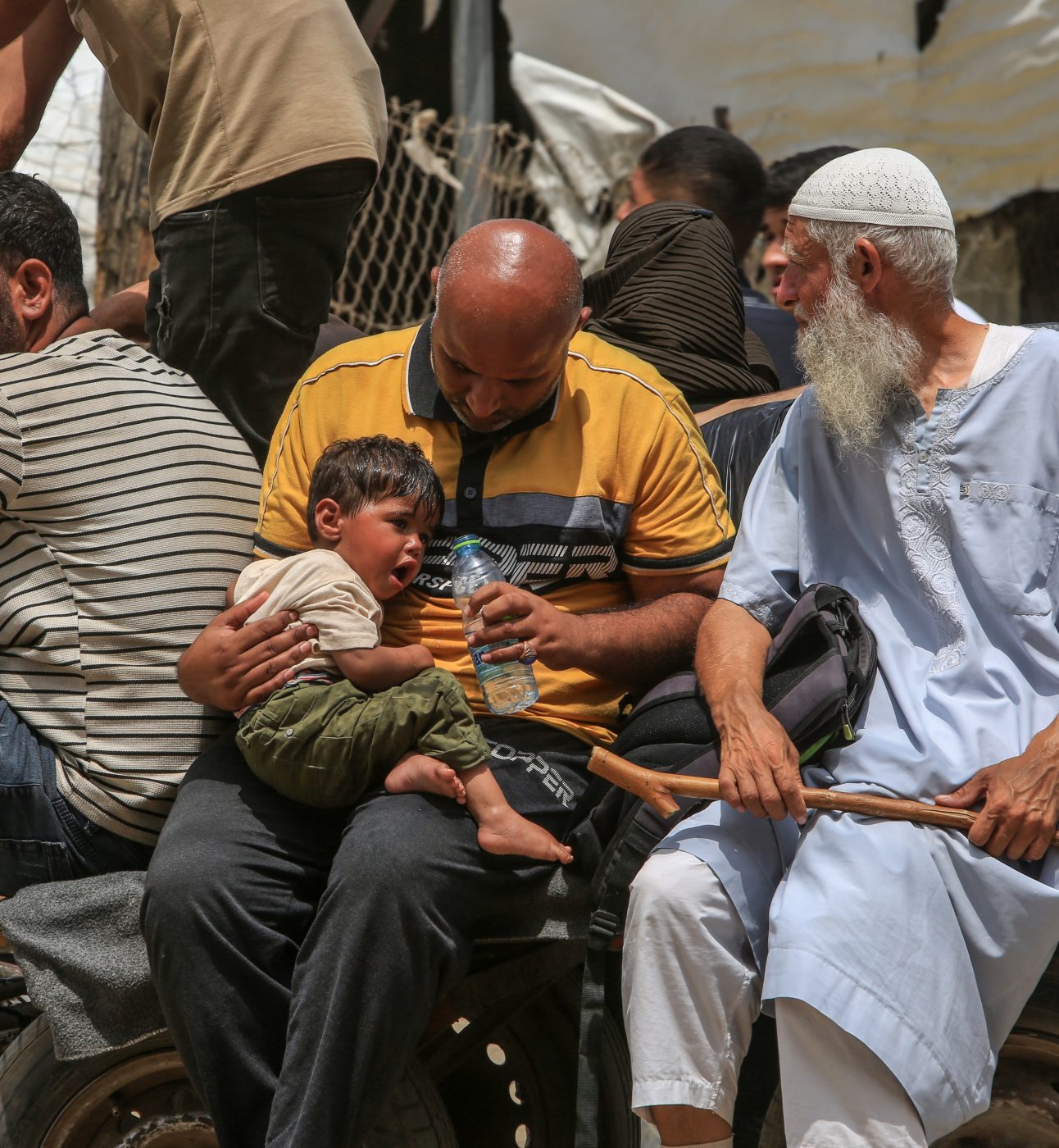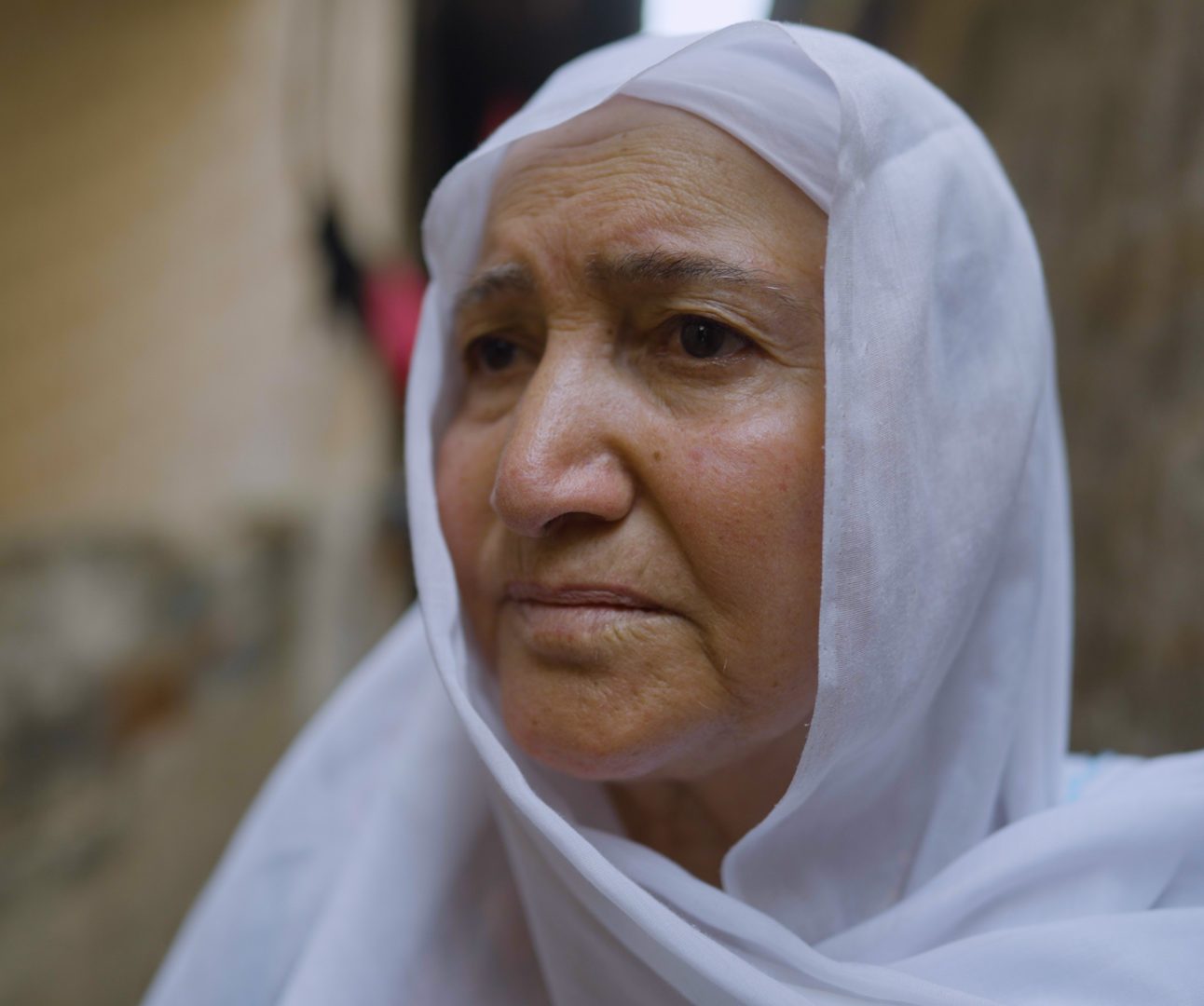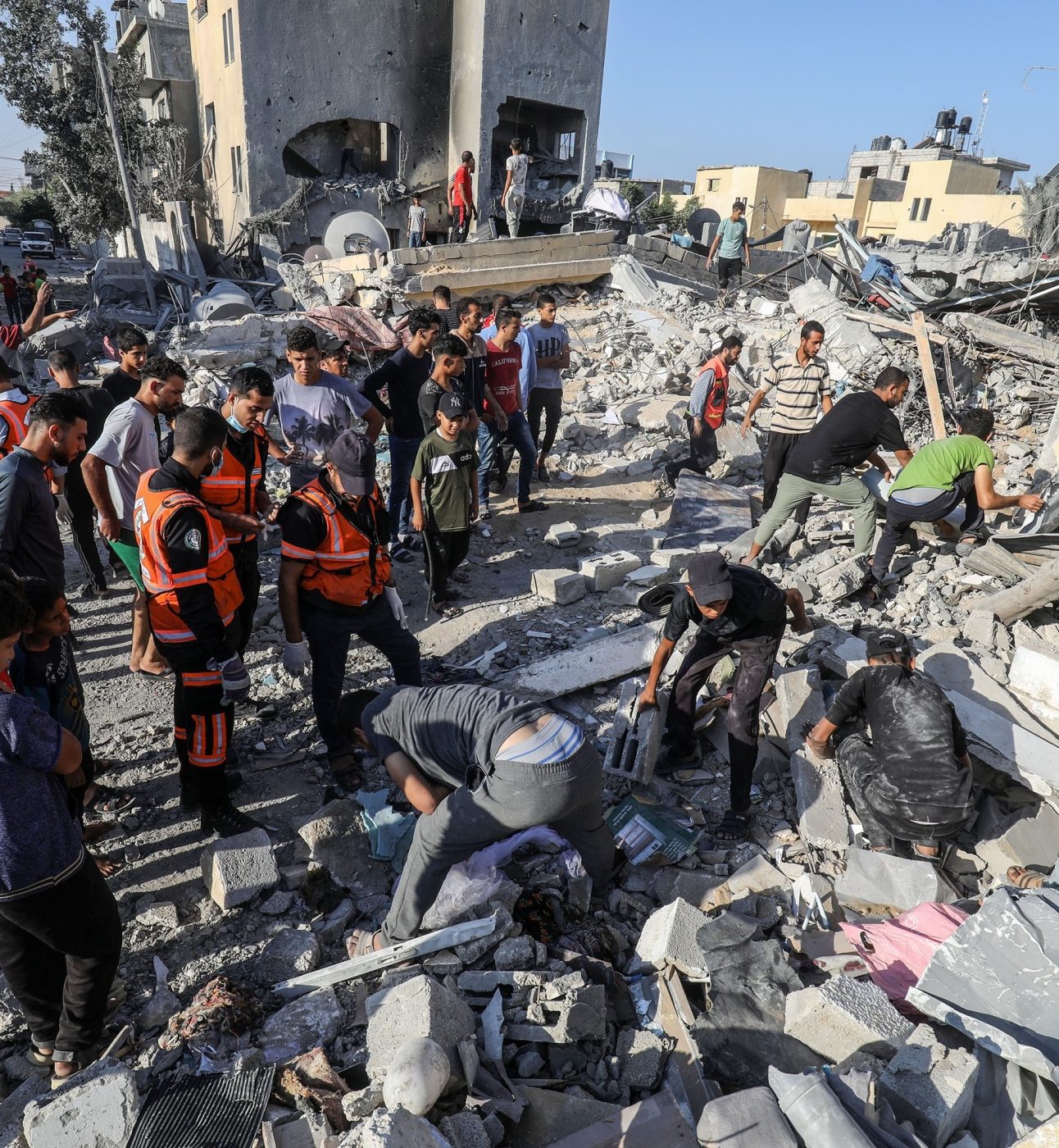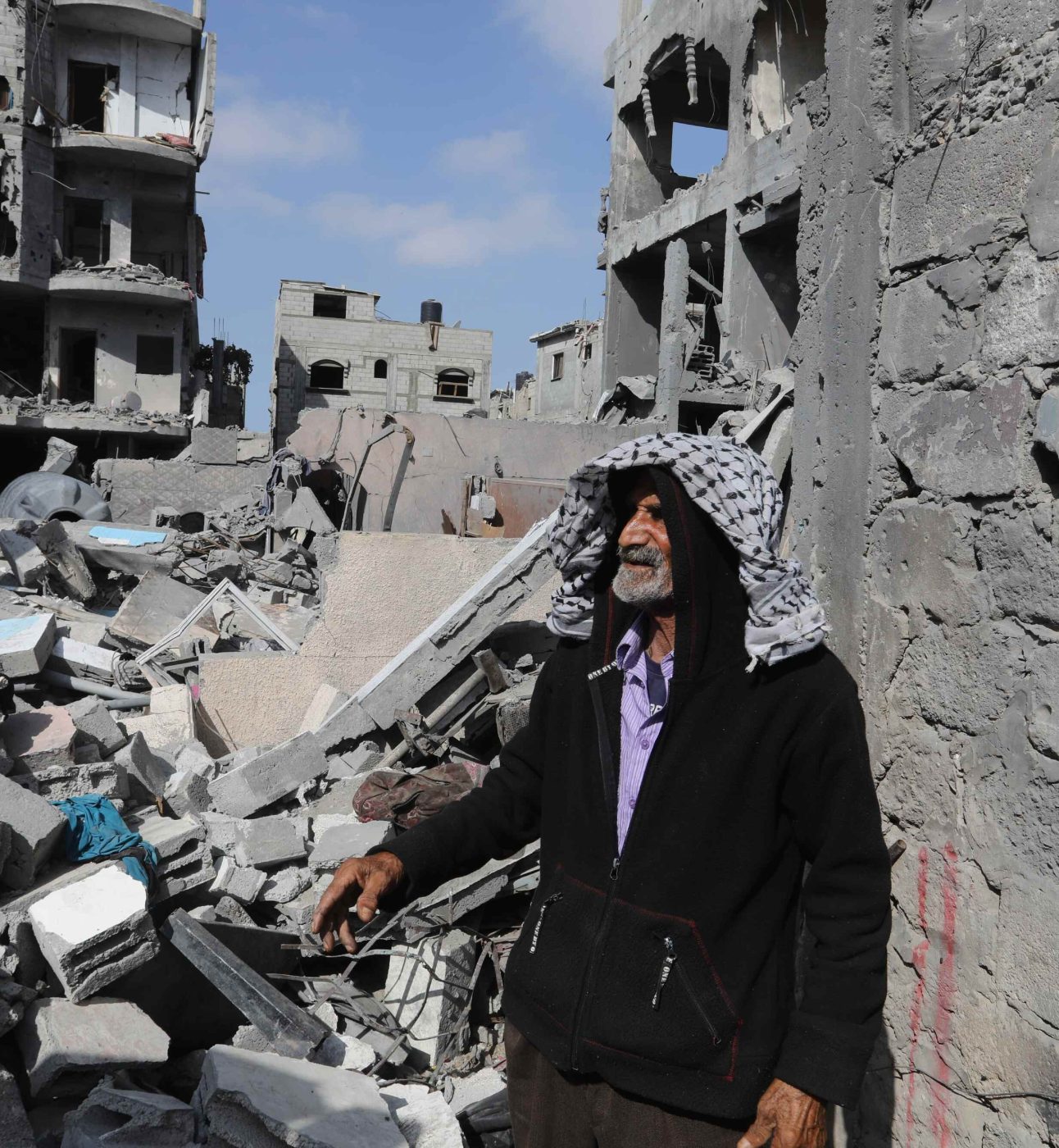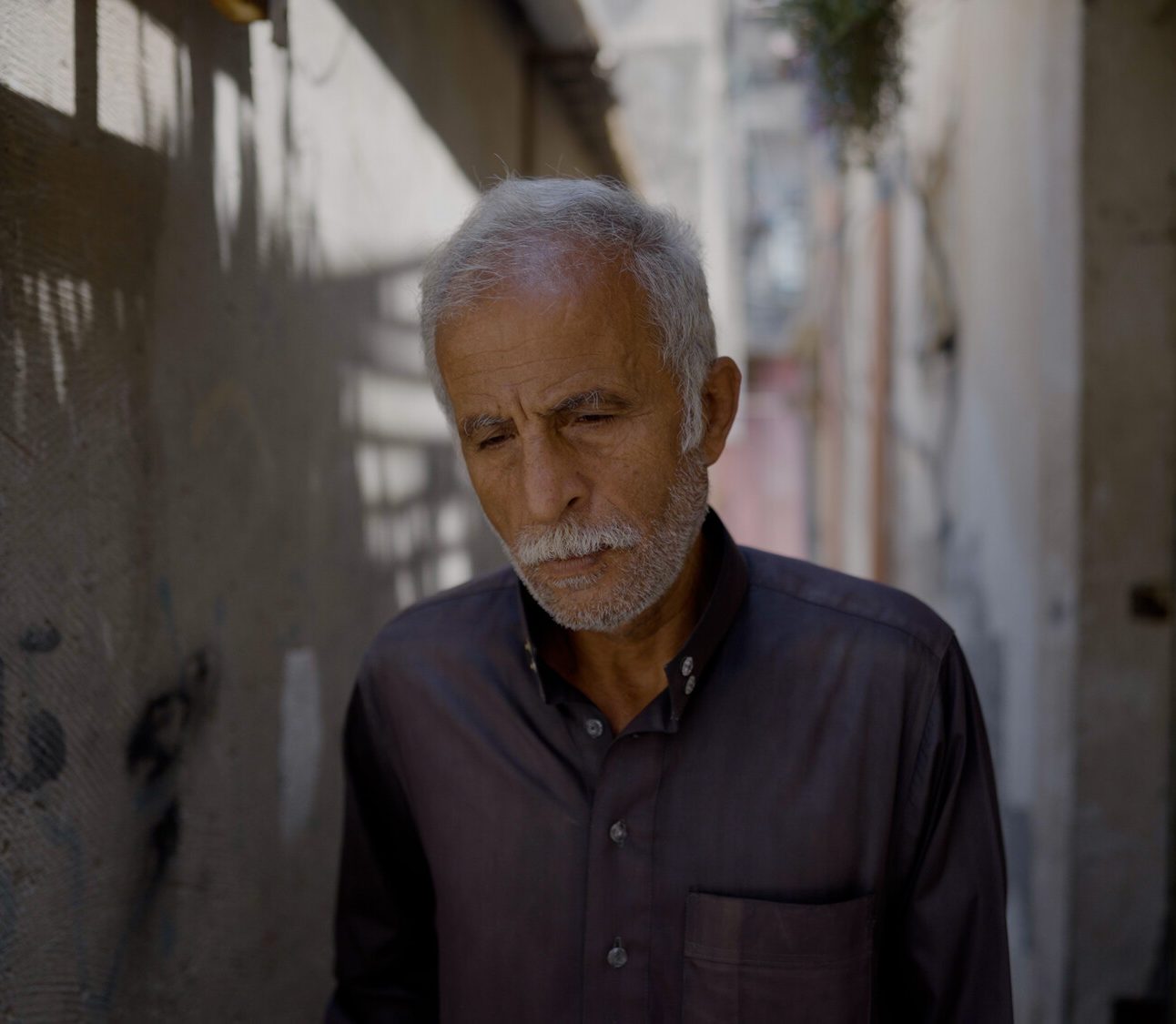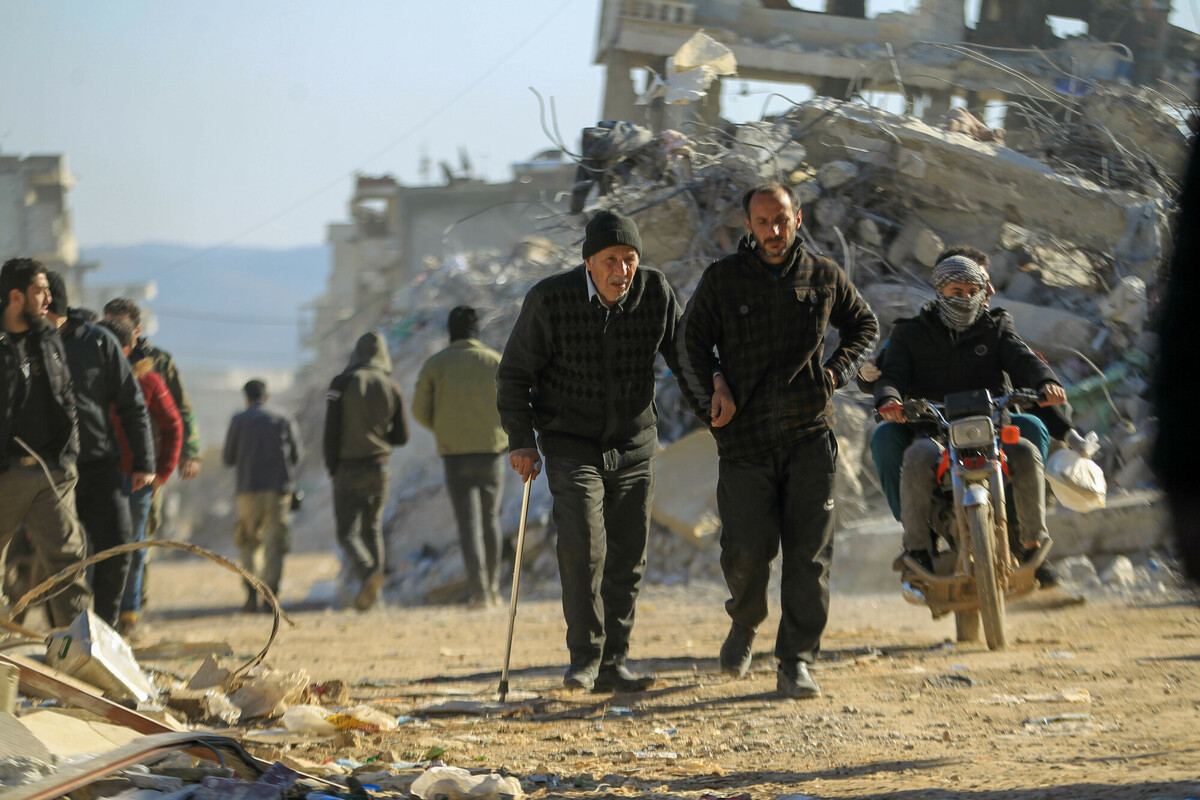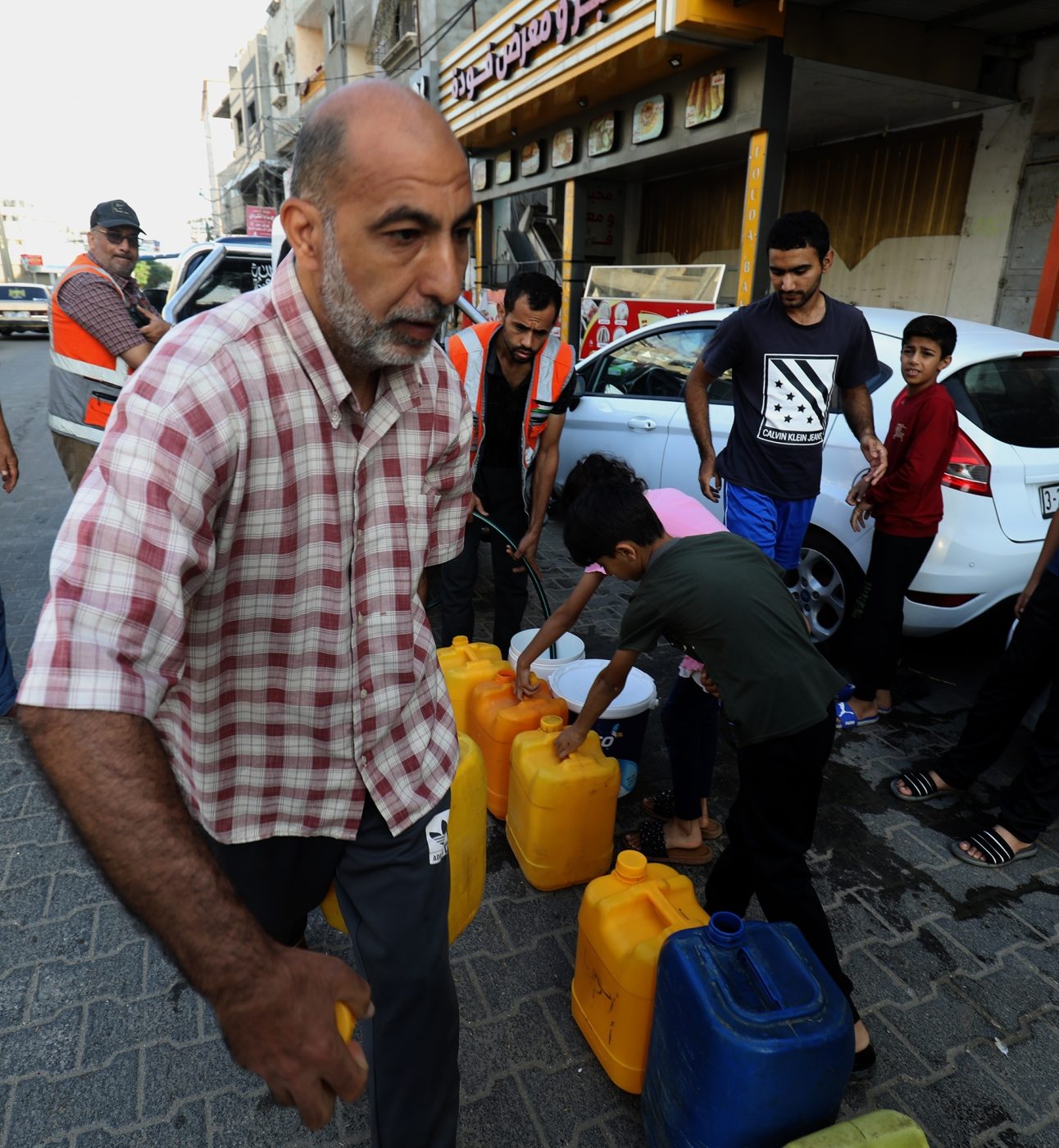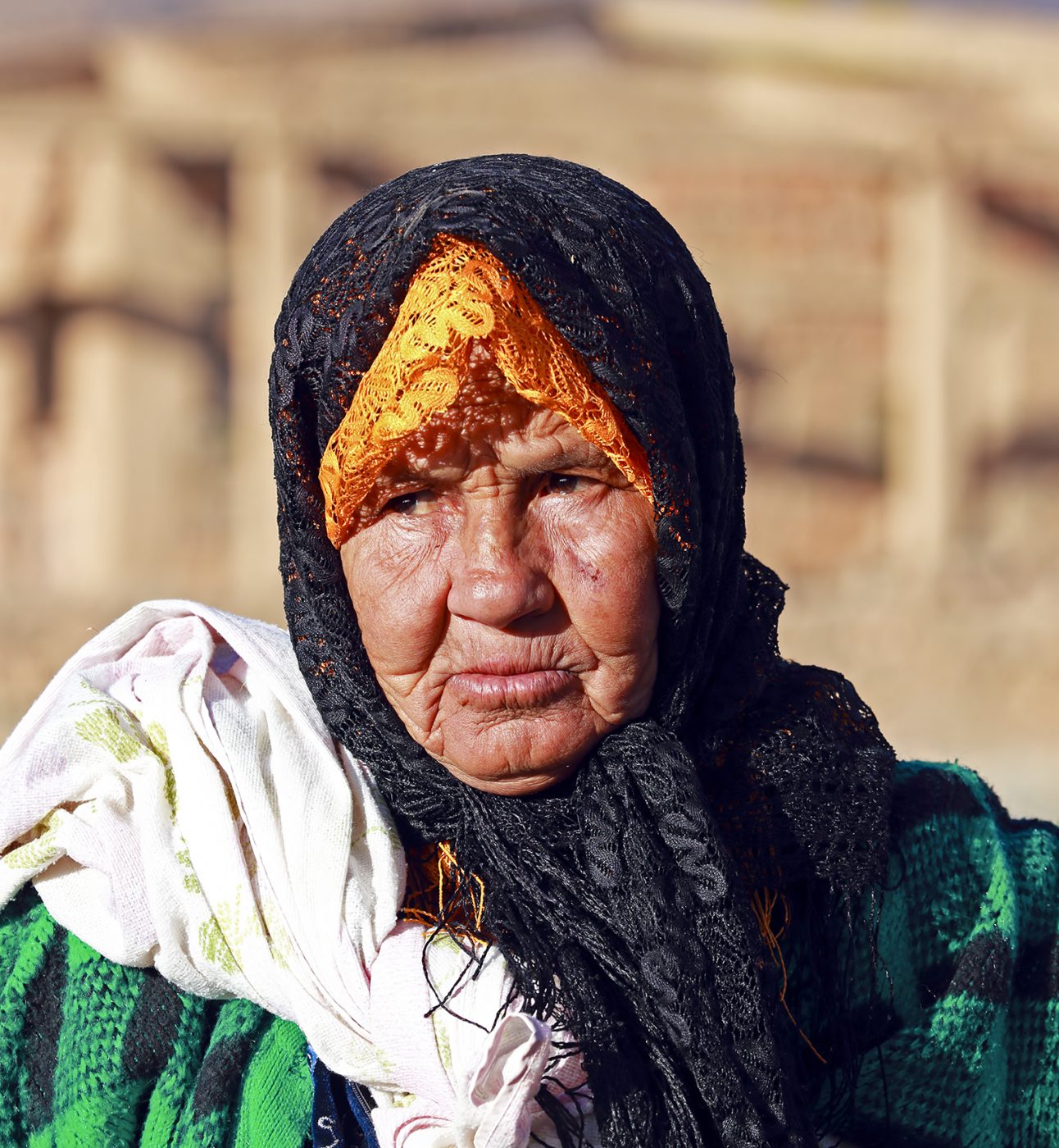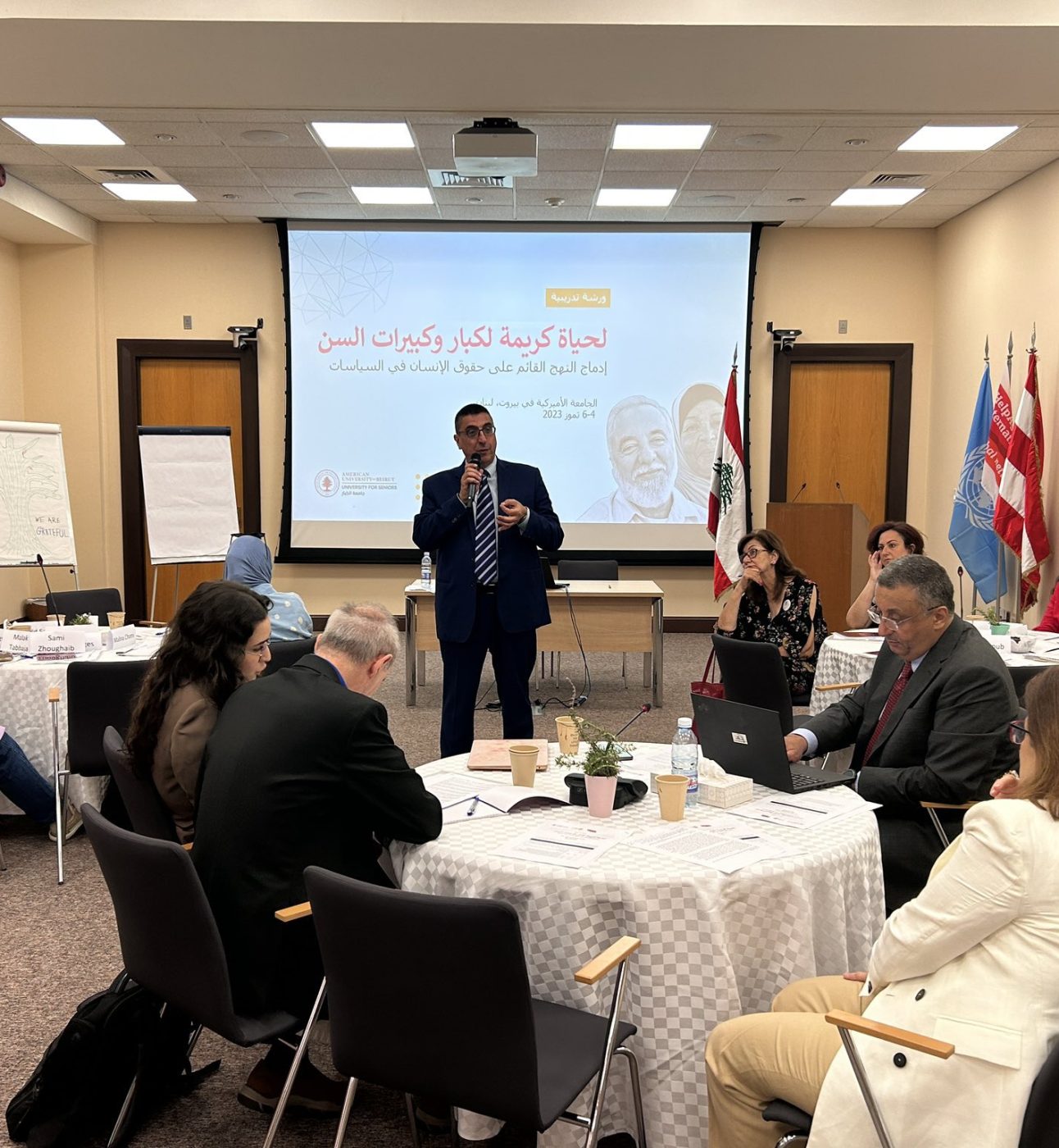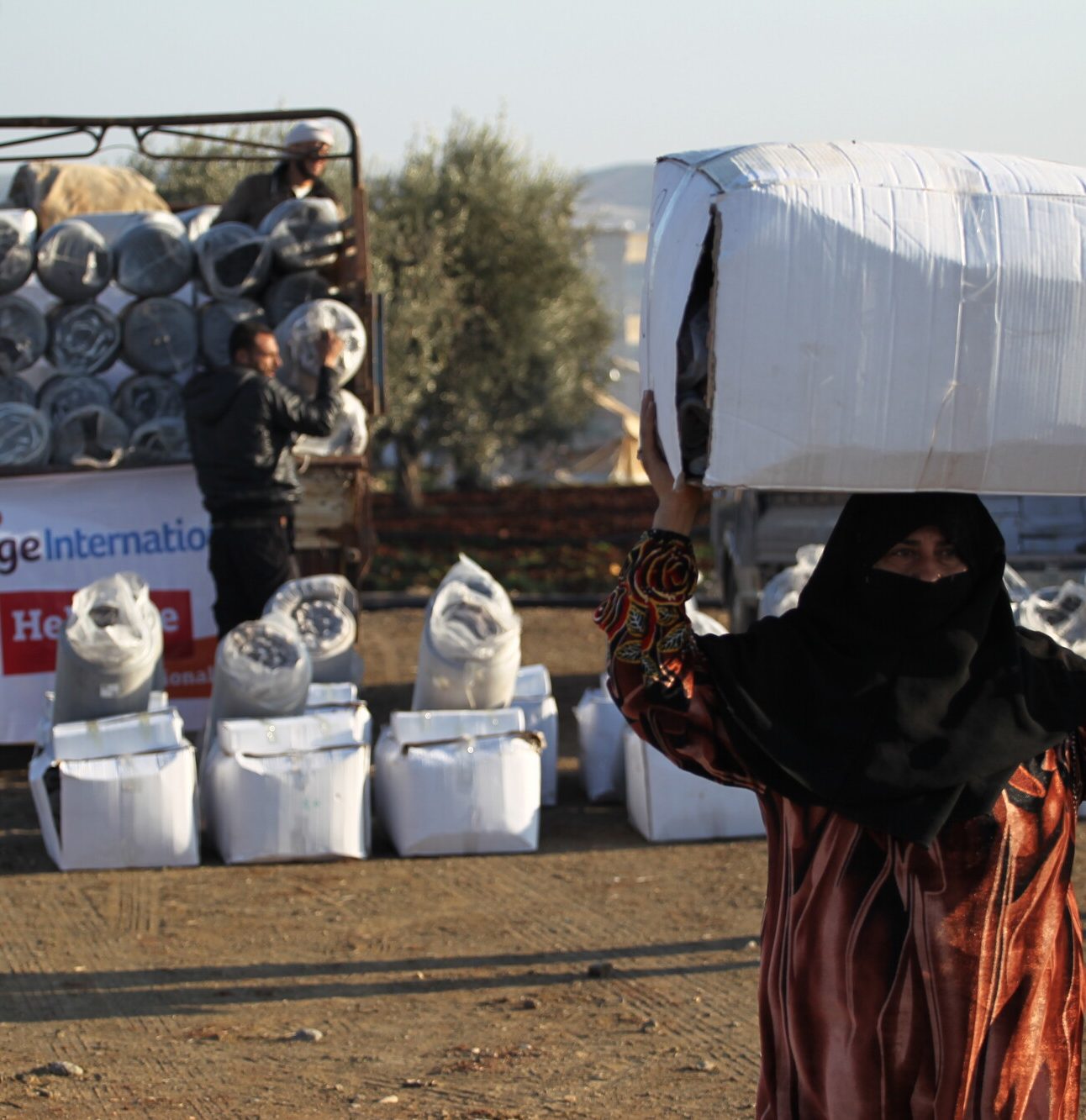For older people in Gaza, life remains marked by uncertainty and hardship, more so since the ongoing crisis with Israel. Repeated cycles of conflict and disruption have eroded vital systems of care, leaving many without the security and dignity they deserve.
HelpAge and its partners the Agriculture Development Association (PARC) and Juzoor for Health and Social Development are working to ensure their needs are not overlooked and their voices are heard in the humanitarian response.
Hidden in plain sight
- Older people (aged 60+) make up about 5 % of Gaza’s population, but account for roughly 7 % of all recorded deaths during the conflict.
- Estimates put the number of older people in Gaza around 111,500, many of whom now face life-threatening deprivation.
- Before the war, HelpAge research found that 97% of older people had at least one chronic health condition, 86% had at least one disability, and 80% used medicines or medical supplies; 44% were entirely dependent on family support for daily needs.
- Since October 2023, health care access has been decimated: medication supplies are cut, hospitals damaged or nonfunctional, and medical evacuations extremely limited.
Older people are especially at risk to dehydration, malnutrition, the breakdown of chronic disease care, isolation, and exposure to violence or neglect.

